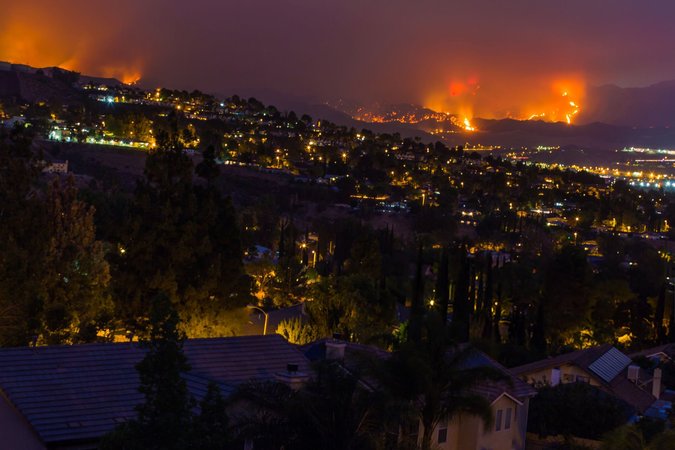RFF Releases Review of Shale Gas Regulations by State
Study team finds significant difference in regulatory approaches.
WASHINGTON—The Center for Energy Economics and Policy (CEEP) at Resources for the Future today released the results of a major survey of state regulations for shale gas exploration and production.
A team of RFF experts examined regulations and surveyed regulators in 31 states with current or near-future shale gas development. More than 20 types of regulation are presented in a series of maps, showing regulatory patterns nationwide. The American Petroleum Institute’s recommendations for best practices are also included.
The maps are available through a user-friendly, online interface: www.rff.org/shalemaps.
“We were surprised at the diverse regulatory response to shale gas development among the states,” said RFF Senior Fellow and CEEP Director Alan Krupnick. “They are all over the proverbial map in how they regulate any given aspect of shale gas development.”
The RFF team will examine whether this diversity can be attributed to differences in the risk factors among the states (differences in geology or population density, for example), or whether they simply arise from institutional factors. A report that expands on these maps is expected in early fall.
To create the maps, RFF researchers reviewed state statutes, regulations, and documents, as well as independent reports, and obtained feedback from state regulators. The states vary widely in their approaches, with some states even regulating through a case-by-case permitting process.
CEEP created the maps as part of a larger initiative that seeks to identify the priority risks associated with shale gas development and will recommend how government and industry can reduce those risks. Funded by a $1.2 million grant from the Alfred P. Sloan Foundation, the project is poised to offer the first independent, broad assessment of expert opinion of risks and public willingness to pay to reduce such risks. In a few weeks, CEEP will also offer the first statistically based analysis of surface water impacts in the Pennsylvania portion of the Marcellus play.
To learn more about RFF’s work on shale gas development, visit www.rff.org/shalegasrisks.
Resources for the Future (RFF) is an independent, nonprofit research institution in Washington, DC. Its mission is to improve environmental, energy, and natural resource decisions through impartial economic research and policy engagement. RFF is committed to being the most widely trusted source of research insights and policy solutions leading to a healthy environment and a thriving economy.
Unless otherwise stated, the views expressed here are those of the individual authors and may differ from those of other RFF experts, its officers, or its directors. RFF does not take positions on specific legislative proposals.
For more information, please see our media resources page or contact Media Relations and Communications Manager Annie Tastet.



